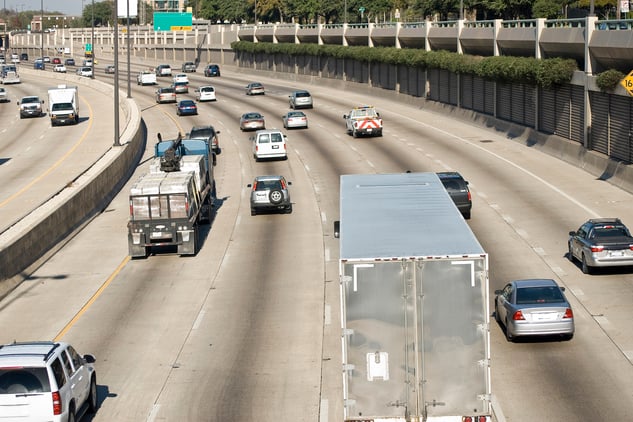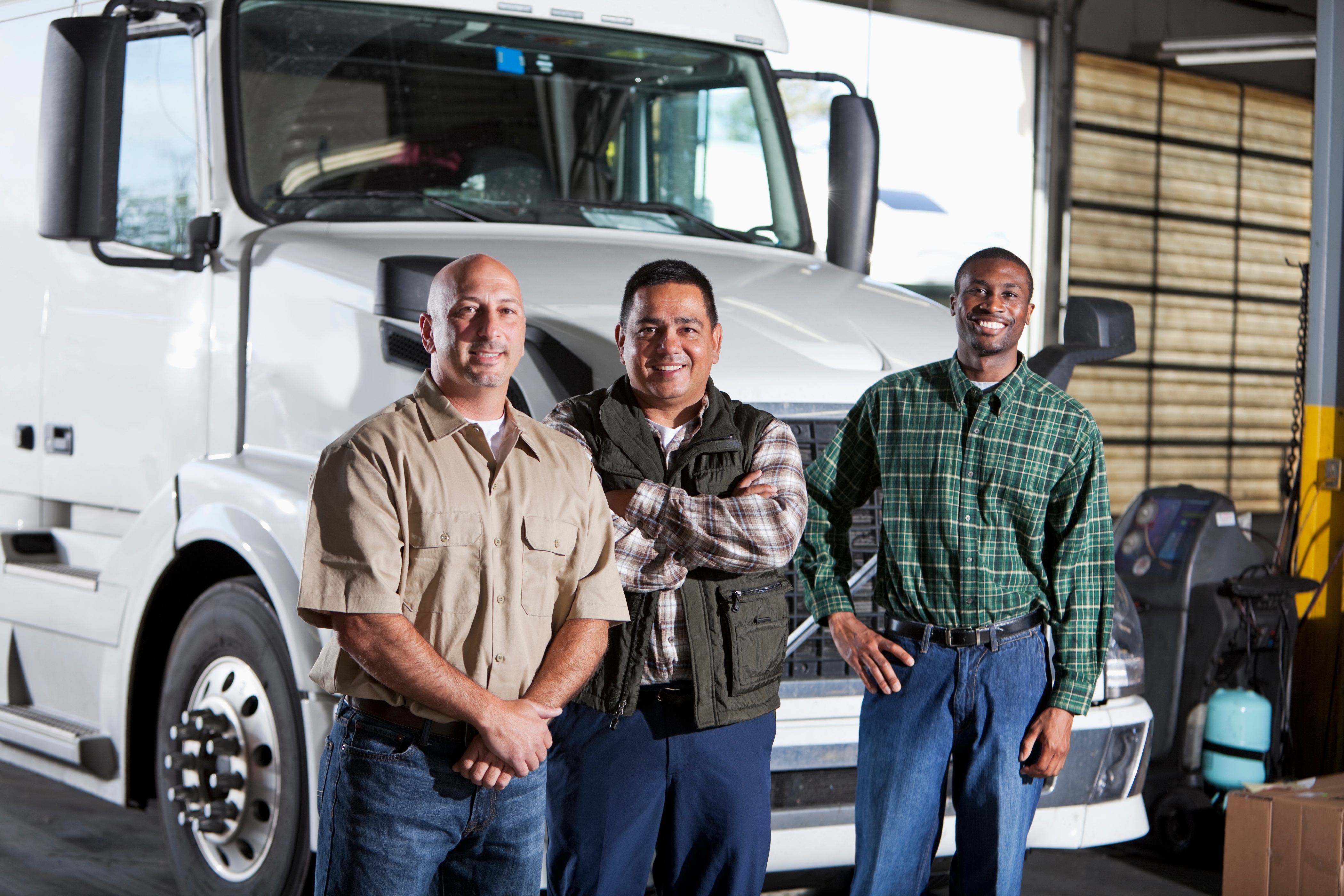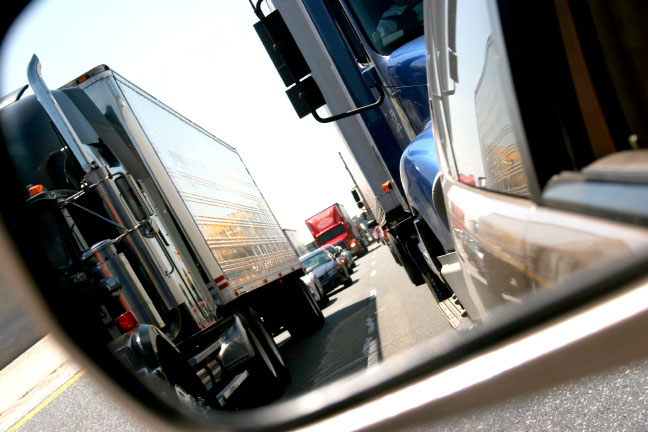Monitoring Road Hazards as You Drive

Managing the space around the truck is challenging. From driving in congested traffic to navigating a crowded parking lot, truck drivers must constantly track the hazards around them to help prevent a collision. Read the information below and ask yourself how you can improve your driving style in any of the hazard categories.
RECOGNIZE THE HAZARDS
 ENVIROMENT
ENVIROMENT
Ice, mud, dirt, frost, and water can obstruct mirrors and windows, making it difficult to track the location of other vehicles. Road vibration can also knock mirrors out of alignment.
 EQUIPMENT
EQUIPMENT
A truck’s blind spots are directly in front of the tractor, the tractor’s right-front passenger side (which is the most dangerous), both sides of the trailer from front to rear, and directly behind the trailer. Missing, damaged, or misaligned mirrors hinder the driver’s ability to monitor vehicles around the truck, while an inoperable turn signal prevents warning other drivers of an impending lane change.
 PERSONAL Behaviors
PERSONAL Behaviors
Unsafe driver behaviors: Not checking mirrors regularly for vehicles and objects around the truck, tailgating, making abrupt lane changes, and relying solely on mirrors and blind-spot warning systems.
Unsafe non-driving behaviors: Failing to conduct a proper pre-trip inspection, not using spotters or checking behind the truck before backing, and not keeping windows and mirrors clean and adjusted properly.
KNOW THE DEFENSE
 REACT PROPERLY TO HAZARDS
REACT PROPERLY TO HAZARDS
To avoid hazards around the truck, try the “Lean and Look” method to verify a vehicle is not hidden in the tractor’s right-front blind spot. Also, avoid frequent or abrupt lane changes. Stay in one lane as much as possible. If a lane change is needed, signal your intent well in advance. Lastly, remember to “Get Out And Look” (GOAL) behind the truck before backing. Always use a spotter or traffic control assistance. Never back up across traffic lanes without assistance.
 MAINTAIN PROPER FOLLOWING DISTANCE
MAINTAIN PROPER FOLLOWING DISTANCE
Keep a minimum of six seconds behind the vehicle in front of you. Add more space if additional hazards, such as traffic congestion, construction zones, rain, fog, etc., are present.
 BE ATTENTIVE TO THE ROAD AHEAD
BE ATTENTIVE TO THE ROAD AHEAD
Make quick glances to side mirrors to monitor the traffic around the truck, then return your focus to the road ahead to avoid a rear-end crash.
 VEHICLE INSPECTIONS
VEHICLE INSPECTIONS
Ensure turn signals on the tractor and trailer work properly. Clean windows and mirrors of debris, and ensure mirrors are adjusted properly before and during each trip. Make sure the backup beeper functions properly when the vehicle is in reverse.
Note: These lists are not intended to be all-inclusive.
The information in this article is provided as a courtesy of Great West Casualty Company and is part of the Value-Driven® Company program. Value-Driven Company was created to help educate and inform insureds so they can make better decisions, build a culture that values safety, and manage risk more effectively. To see what additional resources Great West Casualty Company can provide for its insureds, please contact your safety representative, or click below to find an agent.
© Great West Casualty Company 2022. The material in this publication is the property of Great West Casualty Company unless otherwise noted and may not be reproduced without its written consent by any person other than a current insured of Great West Casualty Company for business purposes. Insured should attribute use as follows: “© Great West Casualty Company 2022. Used with permission by Great West Casualty Company.”
This material is intended to be a broad overview of the subject matter and is provided for informational purposes only. Great West Casualty Company does not provide legal advice to its insureds, nor does it advise insureds on employment-related issues. Therefore, the subject matter is not intended to serve as legal or employment advice for any issue(s) that may arise in the operations of its insureds. Legal advice should always be sought from the insured’s legal counsel. Great West Casualty Company shall have neither liability nor responsibility to any person or entity with respect to any loss, action, or inaction alleged to be caused directly or indirectly as a result of the information contained herein.





